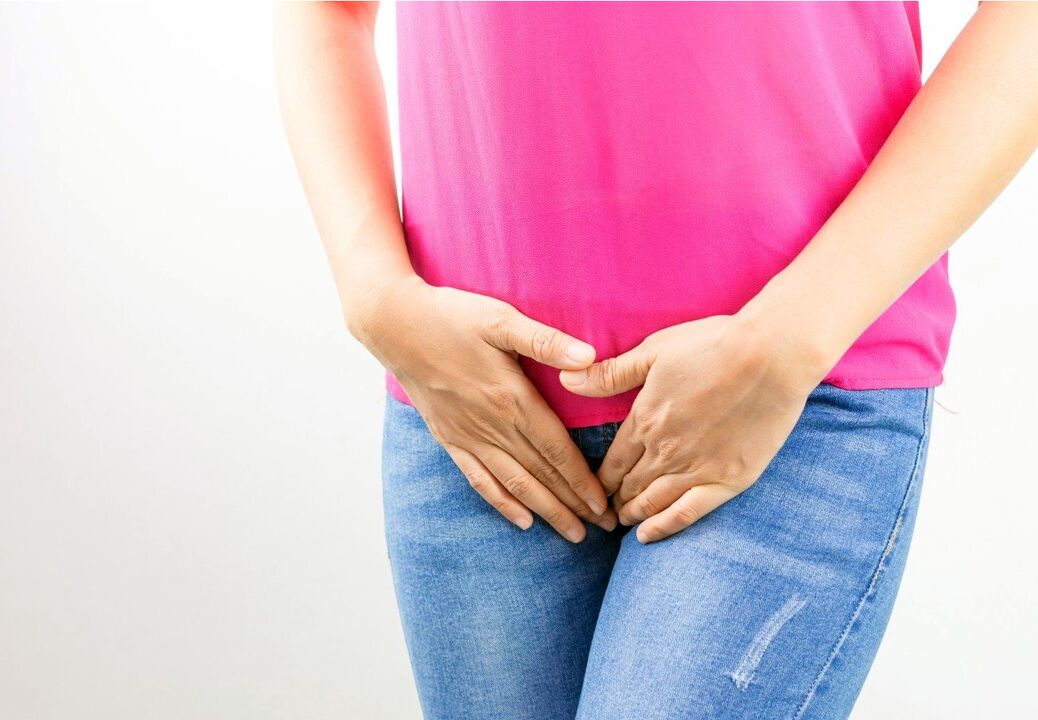
Quickly relieve disease symptoms
Cystitis is an inflammation of the mucus epithelium of the bladder caused by infection, injury, or a general decrease in immunity.
- long-term and uncontrolled use of antibiotics;
- The anatomical position of the female urethra is incorrect;
- hormonal imbalance;
- Vaginal infections and dysbiosis;
- Failure to observe private hygiene rules;
- Wearing tight-fitting and synthetic underwear;
- Clean with caustic soap or perfume-containing gel;
- Rough intercourse or an active sexual life after a period of abstinence.
The inflammatory process of the urinary system is characterized by a sudden and dramatic appearance. Women may experience a sharp increase in the desire to urinate (often false), urethral pain, pain in the suprapubic area, increased body temperature, nausea, chills, and general weakness.
- During an acute cystitis outbreak.Medications are designed to quickly relieve pain and eliminate discomfort during urination. These drugs are used in emergency care but do not provide complete treatment within 1-2 days. After the pain symptoms disappear, treatment should be continued for 3-5 days.
- Used to prevent chronic inflammation.Risk factors for disease progression are constantly present in the lives of women with anatomical features of the urethra or who are predisposed to postcoital cystitis. In order to prevent the condition from getting worse, doctors prescribed quick-acting drugs to them. Medications should be taken before symptoms appear, as failure to do so often results in a recurrence of the disease.
- For the treatment of exacerbations of chronic cystitis.The symptoms of an exacerbation are little different from the acute form of the disease. Therefore, the first step is to relieve the patient's general condition and eliminate discomfort. For this purpose, fast-acting drugs are used. Additionally, as with traditional therapy, medication continues. Chronic conditions may require medication longer after the main symptoms disappear.
One-day treatment for acute cystitis
The composition contains synthetic antibacterial substances - phosphonic acid derivatives. Broad-spectrum antibiotics inhibit cellular synthesis of pathogen molecules. Active against enterococci, staphylococci, streptococci, Escherichia coli, Enterobacteriaceae, Proteus, Klebsiella and other pathogens.
Antibacterial group for treatment of urinary tract sepsis
- Nitrofuran derivatives.The duration and exact dosage of treatment are prescribed by the attending physician. The average course duration is 10-14 days.
- Fluoroquinolones.Fluoroquinolones are classified as antibacterial drugs based on their chemical structure, but they are widely used in medicine as antibiotics.
important!Fluoroquinolones have a wide range of uses, so the dosage is prescribed by the attending physician based on the localization of the inflammatory process. You can take the tablets before or between meals. - Cephalosporins.This type of antibiotic is commonly used to treat advanced and chronic inflammation of the genitourinary system. This medication is available as an injection, suspension, and oral capsule. In the treatment of severe cystitis in women, intramuscular injection of cephalosporins can be effective quickly. Some medications can be purchased as a powder for suspension or as capsules for oral administration. They are effective in the treatment of uncomplicated acute cystitis. The dosage form and dose of the drug are prescribed by the attending physician based on the diagnosis and general health condition.
It is important to take urosepsis medications from the antibacterial group as prescribed by your urologist. During the consultation, you will need to inform your doctor if you have any concomitant medical conditions and the medications you are taking.
herbal preparations
- Mild mucosal inflammation, not complicated by serious infection;
- In addition to antimicrobial treatment.
This effect cannot be achieved if you are facing severe infection or advanced cystitis. Therefore, a urologist should prescribe herbal remedies after a diagnostic evaluation of your condition.
ethnoscience
- cranberry;
- rose hips;
- dill seeds;
- ponytail;
- daisy.
It is important to ensure that you are infection-free by using only traditional medicine formulations. The bactericidal effect of herbs is very low and will not have a significant effect on serious pathogens.
General rules for treating cystitis
It is important to avoid factors that trigger cystitis. Try not to freeze, avoid sexual intercourse during treatment, and exclude salty and spicy foods from your diet.
- During the first few days of treatment, when you are troubled by unpleasant symptoms, stay in bed.
- You can use antispasmodics to relieve pain, and if the discomfort is mild, a warm heating pad placed on your stomach can help.
- Drink plenty of water – at least 2 liters a day. You should avoid juice, coffee, and sweetened sodas.
- Carefully monitor genital hygiene. It's best to wash with warm water, not soap. If you use an intimate hygiene gel, make sure the composition is fragrance-free.
- Wear comfortable cotton underwear. It's best to avoid tight-fitting styles and synthetic fabrics.
No fast-acting antimicrobial drug for cystitis should be taken without a urologist's diagnosis and prescription—incorrect treatment threatens infectious pathogens to become resistant to antibiotics.
Incorrect medication use can not only lead to chronic cystitis, but also complications such as pyelonephritis.
























